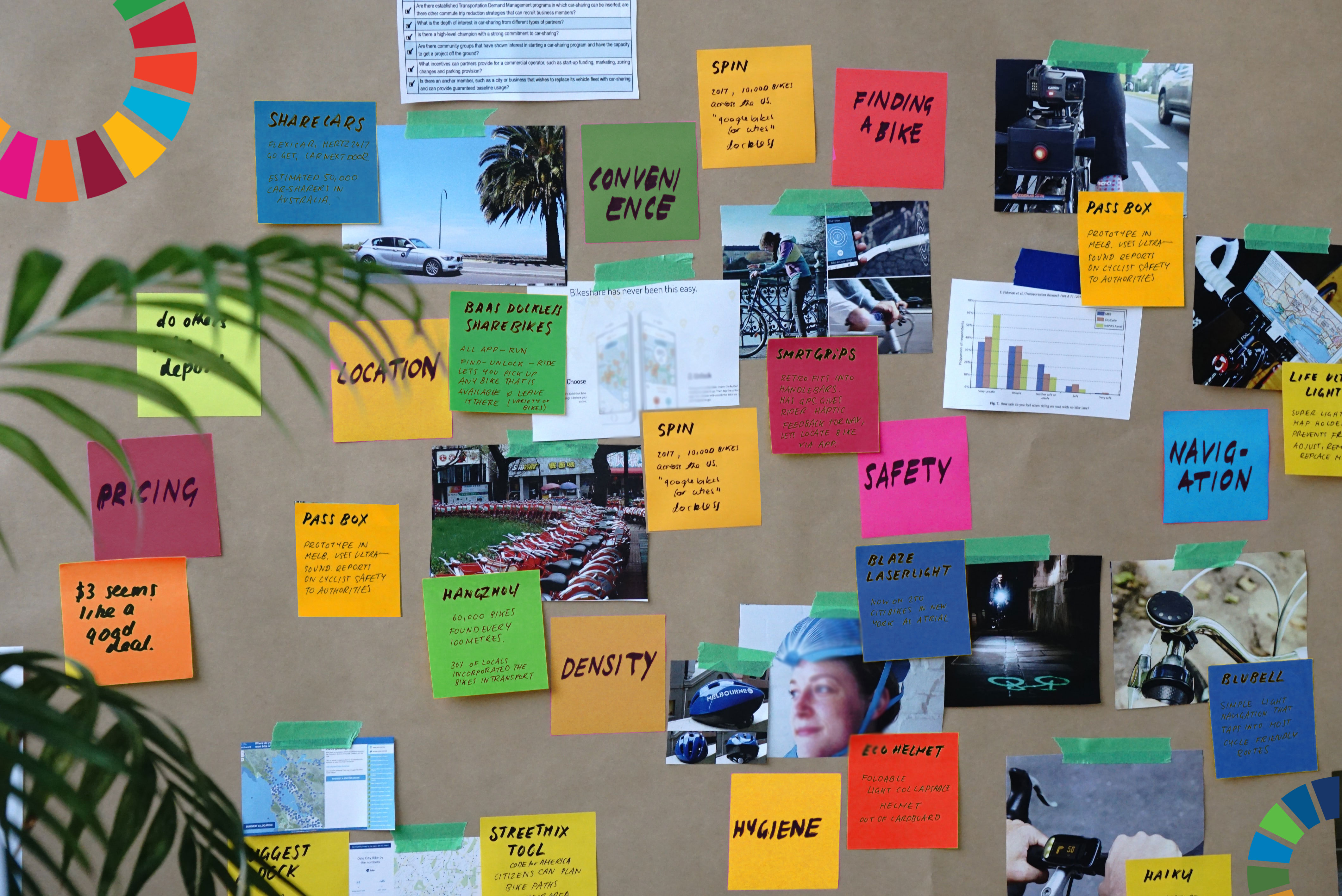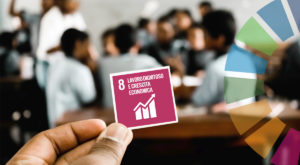Voluntary Local Reviews (VLRs) have recently emerged as a powerful tool to localise the Sustainable Development Goals (SDGs), representing an innovation by and for the cities to advance progress on their local priorities in a participatory, inclusive and transparent manner. VLR process can substantially accelerate the localisation of the SDGs in many core elements of the Capability Approach: it promotes data innovation and tailored measurement frameworks at the local level; it fosters multi-stakeholder awareness, commitment and partnerships for the global goals; it strengthens transparency and accountability, hence contributing towards (re)building the social contract. Through the Capability Approach lens, the paper “Voluntary Local Reviews as drivers for SDG Localisation and Sustainable Human development” (Journal of Human Development Capabilities, 2021) by S. Narang Suri, M. Miraglia and A. Ferrannini briefly analyses recent experiences of a range of VLRs, by focusing on these issues.
Voluntary Local Review
Accelerating the transition towards sustainable development requires an integrated, multilevel and participatory approach for the implementation of the Agenda 2030 for Sustainable Development, to ensure policy coherence towards the SDGs. The debate and practices on SDG localisation have substantially emphasised, on the one hand, the importance of implementing the SDGs in local contexts, and, on the other, the fundamental role played by local and regional governments (LRGs) in their achievement.
In this context, a global VLR movement is underway and growing exponentially. No formal definition of Voluntary Local Review exists, as its scope, structure and content depend on the reality of its local context. A VLR is both a reporting tool to assess, monitor and present local achievements in implementing the SDGs, as well as a process to enhance and expand the political and social commitment of a variety of stakeholders to the SDGs, orienting local priorities and development planning.
The role of VLRs
The role played by VLRs can be analysed and systematised through the capability lens, to dig deeper on their contribution to drive local action towards sustainable human development and the localisation of the SDGs. Based on these premises, the paper adopts a tailored analytical framework looking into the VLR process and its potential outcomes, specifically anchored on the four following key components: data innovation, participation and collective agency, orienting strategic planning and budgeting; policy coherence and multilevel governance.
The policy insights and recommendations formulated in the paper intend contributing to laying the foundation for the next generation of local reviews in line with the core elements of the Capability Approach and the sustainable human development paradigm.
The paper is available here, to know more on the topic:



